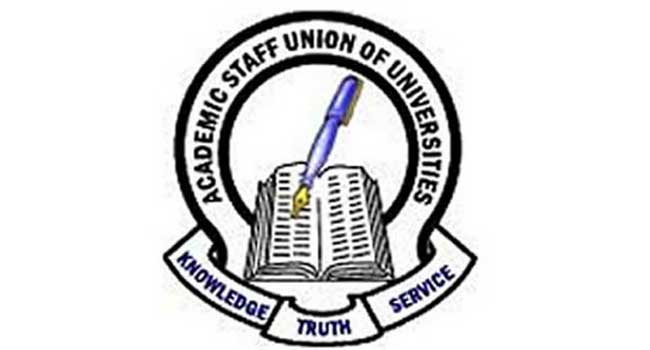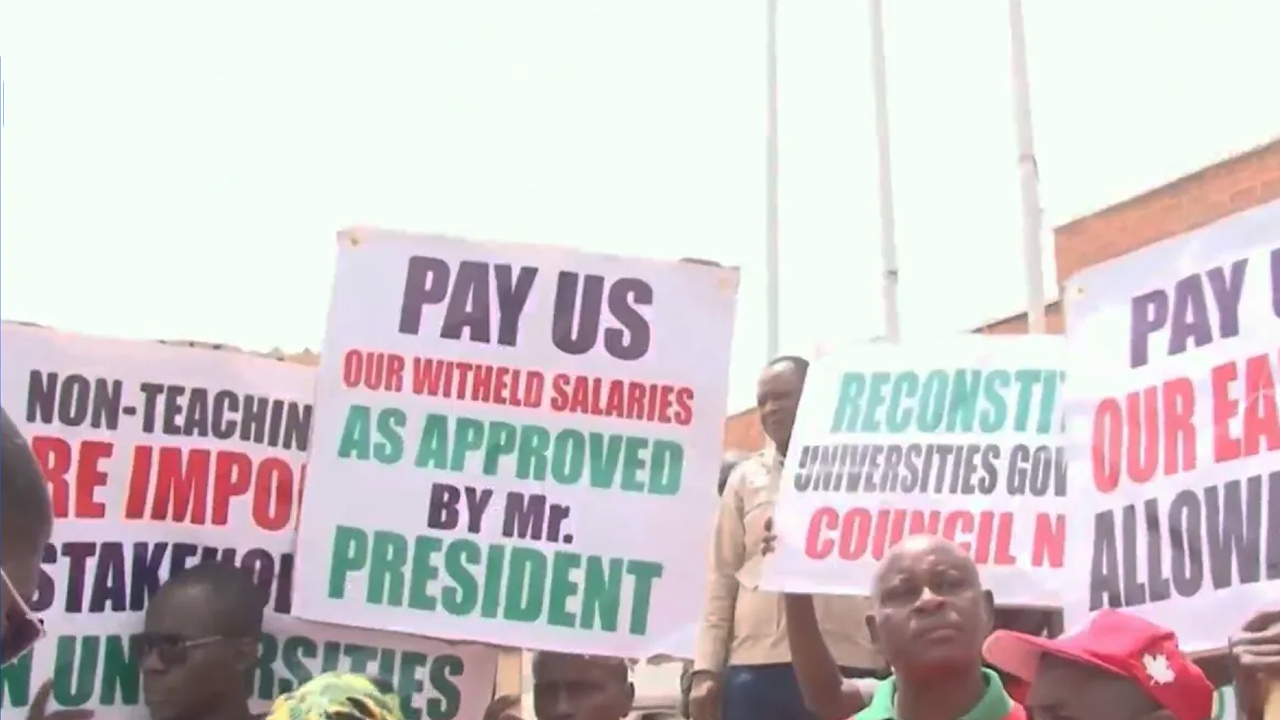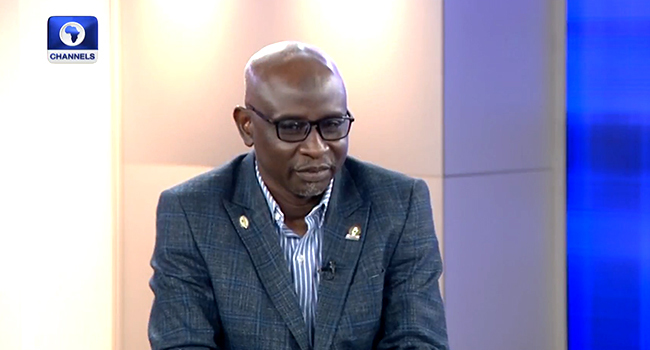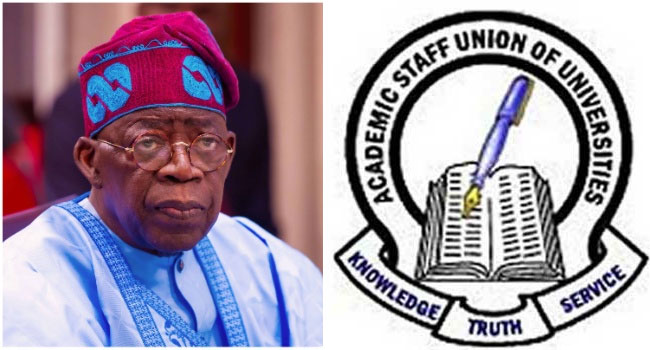The Academic Staff Union of Universities (ASUU) has asked the government at all levels to look into revamping Nigeria’s public schools, the primary, secondary and tertiary institutions before they go extinct.
The union said these are the majority of schools that are available to the bulk of citizens.
The union made the request at its 22nd National Delegates’ Conference of the at the University of Jos.
The conference was to review activities of the union in the past two years where principal officers were elected as well as deliberate on issues affecting the members and the nation at large.
The vice-chancellor of the University of Jos, Professor Tanko Ishaya, in his speech to the delegates, recalled how public schools, especially the primary and secondary schools used to be the envy of the people in which the majority of present leaders were beneficiaries, but the schools have been neglected.
“We are seeing the proliferation of private universities coming up and not enough resources coming into public institutions.
“When I look at this trend, I see that if care is not taken, the public university education situation may actually become similar to what we are having in primary education and secondary education.
“We must have a clear perspective of this trend with respect to thinking about, what is it that we should do in order to ensure that the public institution actually continues to be sustained,” he said.
The ASUU National President, Professor Emmanuel Osodeke, also lamented the dwindling standard of public schools which he said is gradually taking its toll on the masses who cannot afford the private institutions or to send their wards outside the country for schooling.
“The ruling class have elected to be sending their children and ward either to the foreign institution or to hardly expensive private universities largely owned by the ruling class members, while neglecting the perilous state of the public institutions,” he said.
The delegates’ conference in addition to having the holistic review of policies and reports from principal officers also elected new officers for the union and grant charters to new branches.




